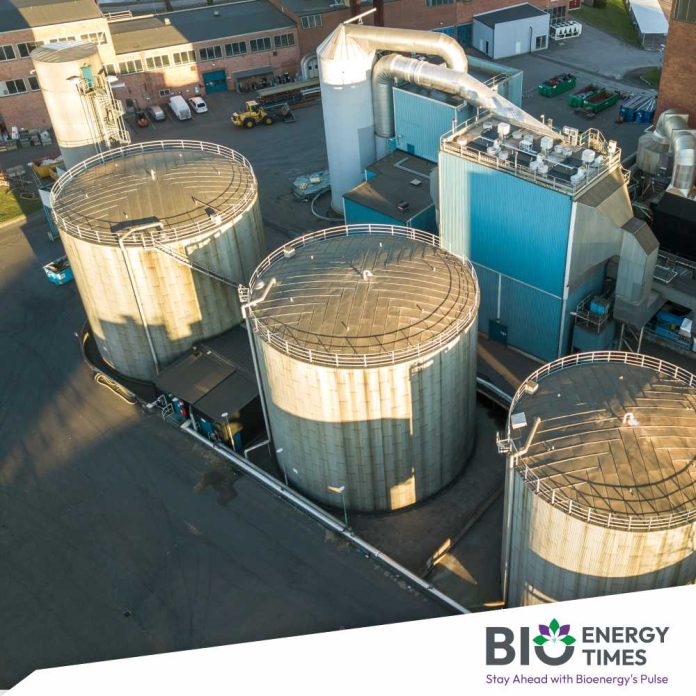Farmers in Punjab are opposing the establishment of three new compressed biogas plants and have halted the resumption of another plant, disrupting the state’s crop residue management plan. Reports from The Tribune indicate that projects in Bhundri, Akhara, and Mushkabad villages have been blocked, while the biogas plant at Ghungrali Rajputan village has been forcibly shut down by farmer unions due to complaints about the unpleasant odor from the use of pressmud at the facility. Despite the plant management’s assurance to the Punjab Pollution Control Board that pressmud usage has ceased, the farmers remain adamant in their protest, reported The Tribune.
BS Aulakh, a drug scientist leading the farmer protests, claims that the chemicals involved in biogas production can penetrate the earth and are carcinogenic. He argues that these chemicals could eventually enter the food chain, potentially causing breast cancer in women, liver cancer in men and animals, and endocrine disorders.
However, this assertion has been dismissed by Punjab Energy Development Agency (PEDA) officials, investors, and the state government. Sanjeev Nagpal, managing director of Sampurn Agri Ventures, a biomass power producer, argues that the waste-to-wealth project is essential for managing the 19.52 million tonnes of paddy straw expected in Punjab this year.
All four biogas plants are located in Ludhiana. The state government’s crop residue management plan proposed the establishment of 24 biogas plants, with 38 plants allocated to Punjab. Currently, only three plants are operational (excluding the one at Ghungrali Rajputana), producing a combined total of 80 tonnes of biogas per day.
The Union Government has taken notice of the delays and urged the Punjab Government to ensure that these plants begin operations. Vini Mahajan, Secretary of the Department of Drinking Water and Sanitation, Government of India, emphasized that the waste-to-wealth projects represent a significant opportunity for the state. She stressed the need for Punjab to create a supportive environment for these plants, which would benefit farmers, the environment, and investors in the green energy sector.
In response to the protests, VK Singh, Special Chief Secretary to the Chief Minister, held a meeting with the opposing groups last week. He assured them that the Central and state governments would not support any unsafe technology and emphasized that biogas technology is classified as a green industry. Singh criticized the protests for hindering progress and noted that green energy manufacturers, including those from Japan, have shown interest in this sector. A meeting with all stakeholders will be arranged to address concerns, explain the benefits of the projects, and reassure them of their safety.
To read more about Biogas Industry News, continue reading BioEnergyTimes.com















